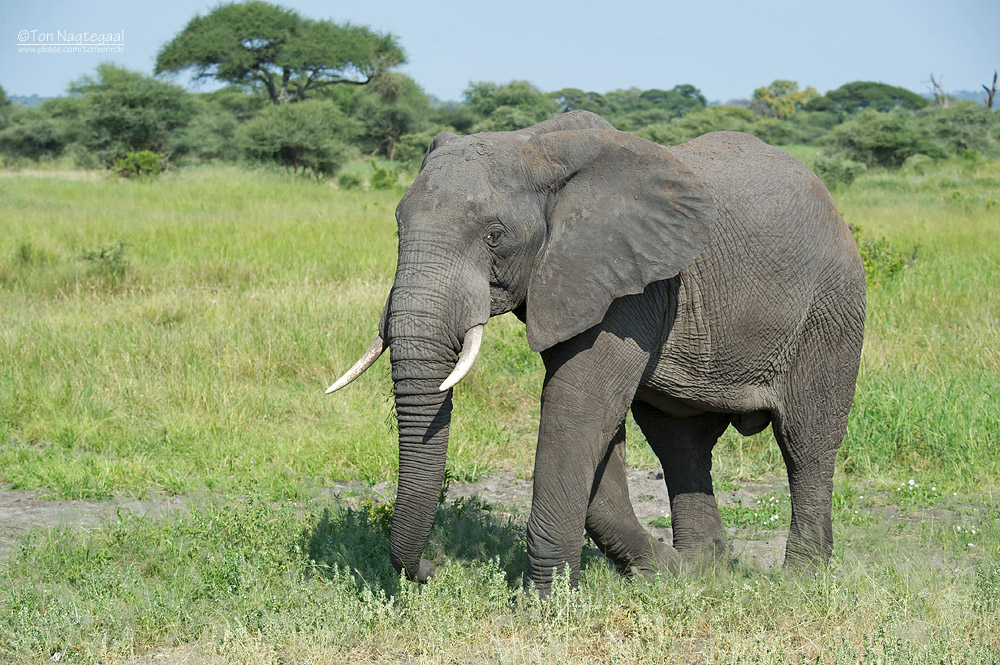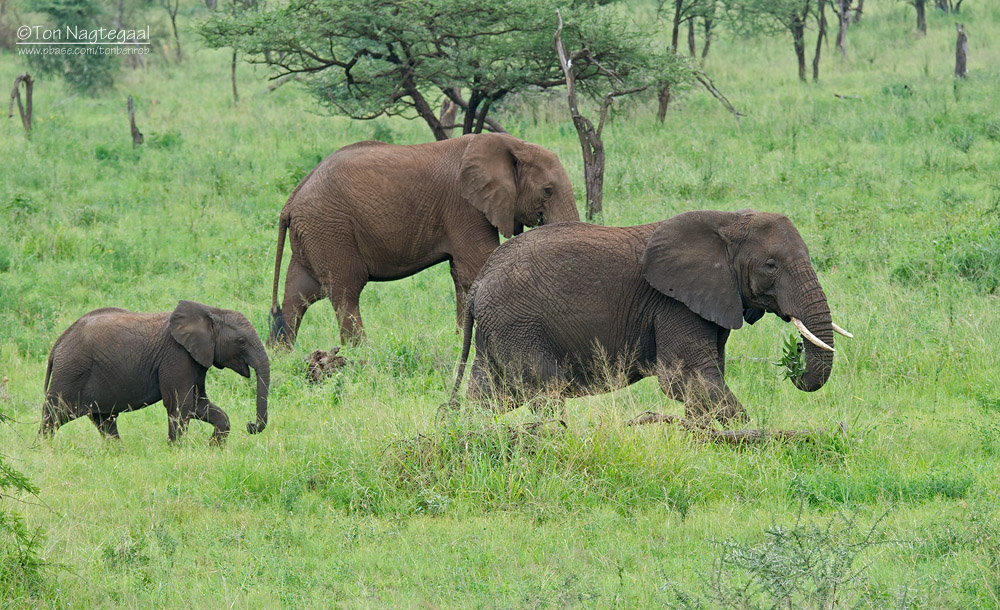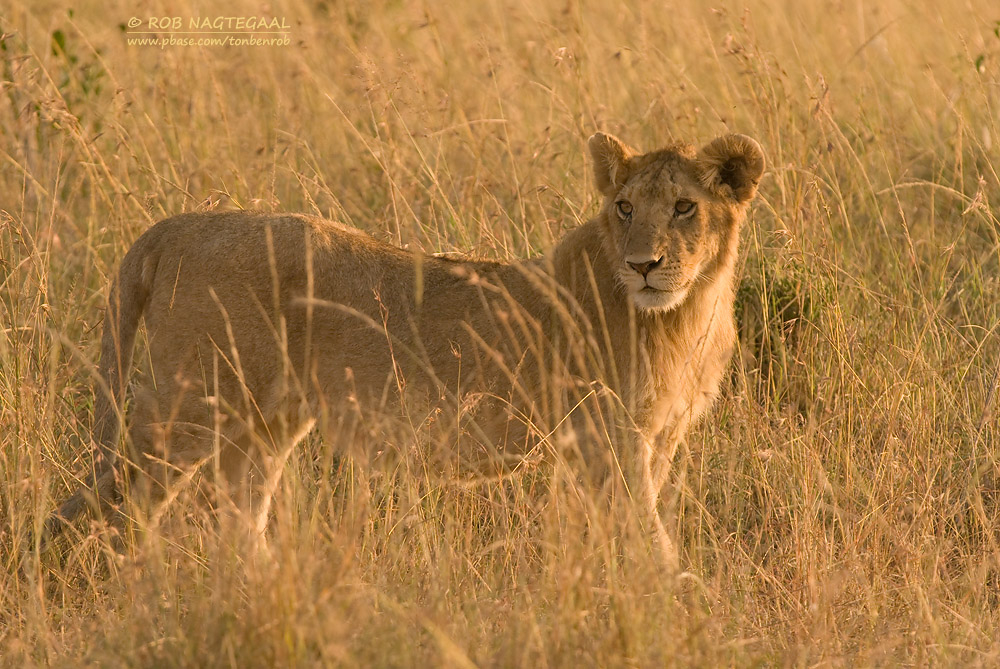Discovering Selous National Park, Tanzania Wildlife Safaris
Selous National Park, located in southern Tanzania, is one of the largest and most diverse game reserves in Africa. Spanning approximately 50,000 square kilometers, Selous is renowned for its vast wilderness and exceptional wildlife. Established in 1922, the park is named after the British explorer Frederick Selous, who was a prominent figure in the exploration of East Africa. The park’s landscape is characterized by a mosaic of habitats, including savanna, woodlands, and wetlands, providing a rich environment for a variety of wildlife species. Selous is also a UNESCO World Heritage Site, recognized for its ecological significance and the preservation of its natural beauty.
Diverse Ecosystems and Landscape
Selous National Park boasts an impressive range of ecosystems, making it a unique destination for wildlife enthusiasts and nature lovers. The park is traversed by the Rufiji River, which creates a series of floodplains, swamps, and lakes that support a rich variety of plant and animal life. The diverse landscapes include open savanna, dense miombo woodlands, and swampy wetlands, each hosting different species and providing different experiences for visitors. The riverine environment is particularly notable for its concentrations of hippos and crocodiles, while the savanna areas are home to large herds of elephants, buffaloes, and giraffes. This variety of habitats ensures that visitors can experience a broad spectrum of wildlife and scenery.
Wildlife of Selous National Park
Selous National Park is renowned for its diverse and abundant wildlife. The park is home to over 400 species of birds, including the rare and elusive African wild dog, which is one of the park’s key attractions. Selous is also known for its large populations of elephants, buffaloes, and giraffes, as well as a variety of antelope species, such as sable and eland. The park’s unique environment supports one of the largest remaining populations of the critically endangered black rhinoceros. Game viewing in Selous is particularly rewarding due to the park’s low visitor numbers, which means that wildlife sightings are often more intimate and less crowded compared to other parks in Tanzania.
Activities and Safari Experiences
Selous National Park offers a range of activities that allow visitors to fully experience its natural beauty and wildlife. Traditional game drives are a popular way to explore the park, providing opportunities to observe a wide range of animals in their natural habitat. For a more immersive experience, walking safaris are available, led by knowledgeable guides who offer insights into the park’s flora, fauna, and ecosystems. Boat safaris along the Rufiji River provide a unique perspective on the park’s aquatic life, including hippos and crocodiles. The park’s extensive size and varied terrain offer plenty of space for exploration, ensuring that each visitor’s experience is unique and memorable. EcoQuest Safaris Ltd offers customized safari packages to help visitors make the most of their time in Selous.
Conservation Efforts and Challenges
Selous National Park faces a range of conservation challenges, including poaching, habitat loss, and the impacts of climate change. Efforts to protect the park’s wildlife and natural resources are ongoing, with initiatives focused on anti-poaching measures, habitat restoration, and community engagement. The park’s remote location has historically helped reduce the pressures of tourism, but increased interest in safari travel poses new challenges for conservation. Collaborative efforts between government agencies, conservation organizations, and local communities are essential to ensuring the long-term protection of Selous’ unique ecosystems and wildlife. EcoQuest Safaris Ltd supports these conservation efforts by promoting responsible tourism and contributing to initiatives aimed at preserving the park’s natural heritage.
The Unique Appeal of Selous National Park
Selous National Park’s appeal lies in its vast, untouched wilderness and the sense of adventure it offers. Unlike many other safari destinations, Selous provides a more secluded and exclusive experience, with fewer tourists and a greater emphasis on immersive, off-the-beaten-path adventures. The park’s diverse landscapes and rich wildlife offer a range of experiences, from thrilling game drives to serene boat safaris. The opportunity to explore a lesser-known, expansive area of Africa makes Selous a compelling choice for travelers seeking a more authentic and tranquil safari experience.
Best Time to Visit Selous National Park
The best time to visit Selous National Park largely depends on the type of experience you seek. The dry season, from June to October, is ideal for game viewing, as animals congregate around water sources and vegetation is less dense. This period offers excellent visibility and opportunities for wildlife photography. The wet season, from November to May, brings lush landscapes and vibrant birdlife, making it a great time for birdwatching and witnessing the park’s seasonal transformations. The wet season also offers lower visitor numbers, providing a more peaceful and solitary experience. EcoQuest Safaris Ltd can help travelers choose the best time to visit based on their interests and preferences.
Accommodation Options
Accommodation in Selous National Park ranges from luxurious lodges to more rustic camps, catering to different preferences and budgets. High-end lodges such as Sand Rivers Selous offer upscale amenities and stunning views of the river and surrounding wilderness. For a more intimate and immersive experience, tented camps like Selous Impala Camp provide comfortable yet authentic accommodations in the heart of the park. There are also several mid-range options available, offering a balance between comfort and affordability. Each accommodation option is designed to blend seamlessly with the natural environment, ensuring that guests enjoy a unique and memorable stay in Selous National Park. EcoQuest Safaris Ltd can assist in selecting the ideal lodging to enhance your safari experience.
Travel Logistics and Practical Information
Traveling to Selous National Park involves several logistical considerations, including transportation, park entry fees, and health precautions. The park can be accessed by road from Dar es Salaam or by scheduled flights to airstrips within the park. Visitors should be aware of park entry fees and regulations, which can vary depending on nationality and age. Health precautions, such as malaria prophylaxis, are recommended for travel to the region. It is also advisable to use EcoQuest Safaris a reputable tour operators and guides to ensure a safe and enjoyable safari experience. EcoQuest Safaris Ltd provides comprehensive travel information and support to help travelers navigate the logistics of visiting Selous National Park.
Frequently Asked Questions (FAQs) About Selous National Park
- What is Selous National Park known for?
Selous National Park is known for its vast wilderness, diverse wildlife, and unique landscapes. It is one of the largest game reserves in Africa and a UNESCO World Heritage Site, offering a range of safari experiences and opportunities for wildlife viewing.
- When is the best time to visit Selous National Park?
The best time to visit Selous is during the dry season (June to October) for optimal game viewing. However, the wet season (November to May) offers lush landscapes and vibrant birdlife, making it a great time for birdwatching and enjoying a more tranquil experience.
- What wildlife can be seen in Selous National Park?
Selous National Park is home to a wide range of wildlife, including the Big Five (lion, leopard, elephant, buffalo, and rhinoceros), as well as rare species such as the African wild dog. The park also supports large populations of giraffes, zebras, and various antelope species.
- Are walking safaris available in Selous?
Yes, walking safaris are available in Selous National Park. These safaris are led by experienced guides who provide insights into the park’s flora, fauna, and ecosystems. Walking safaris offer a more immersive and up-close experience of the park’s natural environment.
- Can boat safaris be done in Selous National Park?
Yes, boat safaris are a popular activity in Selous, particularly along the Rufiji River. Boat safaris provide a unique perspective on the park’s aquatic wildlife, including hippos, crocodiles, and various bird species.
- What are the conservation challenges faced by Selous National Park?
Conservation challenges in Selous include poaching, habitat loss, and climate change. Efforts are made to address these issues through anti-poaching measures, habitat restoration, and community engagement.
- What accommodation options are available in Selous National Park?
Accommodation in Selous National Park includes luxury lodges, tented camps, and mid-range options. Examples include Sand Rivers Selous and Selous Impala Camp, offering varying levels of comfort and amenities.
- How do I get to Selous?
Selous can be accessed by road from Dar es Salaam or by scheduled flights to airstrips within the park. EcoQuest Safaris Ltd can assist with transportation arrangements to ensure a smooth journey.
- What health precautions should I take when visiting Selous National Park?
Visitors should take health precautions such as malaria prophylaxis and vaccinations recommended for travel to the region. It is also advisable to consult with a healthcare provider before traveling.
- How can travelers contribute to the conservation of Selous?
Travelers can contribute to conservation by practicing responsible tourism, supporting eco-friendly lodges, and participating in community-based conservation initiatives. Choosing sustainable tours and activities helps protect the park’s natural resources and wildlife.



